When Petra McMillan lost her mum to cancer in 2009, she knew she had to find a way to process her grief.
The Broughty Ferry businesswoman threw herself into fundraising for Marie Curie – the charity which provided end of life care for her mum after she was diagnosed with an inoperable brain tumour.
Petra, 51, has since led a 15-year odyssey that has raised more than £750,000 for the charity.
She hopes to smash the £1 million barrier when she and 50 other volunteers from across the UK complete a cycle challenge in Kerala, India in November.
‘We knew she would want to be at home at the end of life’
Petra’s mum Renate Rennie, from Carnoustie, was diagnosed with an aggressive brain tumour in 2009.
Deemed inoperable, the mum-of-four was given just three months to live.
“We knew she would want to be at home,” Petra recalls.
“My dad died when we were quite young and she raised four children on her own.
“We didn’t come from a privileged background – we grew up on the wrong side of the tracks.
“We’d lived in council houses all our childhood.
“And then mum, when she was 60, finally got her own little cottage that she owned.
“We knew she’d want to be in the place she loved most, and have us around her, at the end of life.”
To ensure their mum could stay at home, Petra and her three older siblings drew up a 24-hour round-the-clock rota to care for her.
Petra says: “For anyone who’s ever cared for someone with cancer, but especially with the brain tumour, it’s a really tough road.
“Mum barely slept.
“She was very agitated and couldn’t communicate.
“And we all had kids ourselves – we were trying to keep a job going, keep a family going, care for mum.
“It was really hard and challenging – we were run ragged.”
Marie Curie stepped in just as family hit breaking point
It was when the siblings hit breaking point that a district nurse suggested they reach out to Marie Curie, which provides care for people at the end of life.
Nurses from the charity covered night shifts three times a week for the last month of Renate’s life, meaning her children were then able to cope the rest of the time.
“It was the most wonderful support,” Petra says.
“When a nurse was with mum, we could go home and rest and recover, and we knew she was safe, and her pain was managed, and she had the best possible care.
“It also kept all of us going that little bit longer to help honour her wish to be home for the end of life.”
She adds: “That’s a gift that will stay with us and our family forever.
“The nurses are incredible people. They’re just such special humans, and they deserve all our support.
“I’m still friends with a couple of them who looked after mum.”
Petra, 51, worked as a journalist at The Courier for seven years before becoming a director of the City of Discovery Campaign, which promoted Dundee.
She and her husband, former Dundee United player Tommy McMillan, now own a number of pubs, hotels and restaurants in the central belt. They are parents to Jack, 25, and Heidi, 23.
Petra was close to her mum, who worked as a care assistant in homes for the elderly for 35 years.
“But that’s not to say that mum was a saint, and nor was I,” Petra laughs.
“We were a normal family with all our flaws and we drove each other nuts at times.
“But when someone dies, you kind of miss that as well.”
She adds: “Mum was a very giving person, and her job meant a lot to her.
“She instilled in us a level of compassion and the importance of treating people as humans and caring about them and listening to them.”
How Petra has raised over £750k for Marie Curie
It is this attitude which inspired her to give back to Marie Curie in 2010.
“I thought, ‘Do you know what? I’m going to pay those nurses back for what they did for us.'”
Petra totalled up the cost of care given to her mum by the charity and set about “doing small things to put that money back in their coffers”.
She says: “Essentially, it meant another family could have that gift when they called Marie Curie for help.
“And it just kind of mushroomed from there.”
She was made a patron for the charity and has since orchestrated countless events and projects to raise vital funds, including a group hike to the top of Mount Kilimanjaro and a group cycle challenge from Vietnam to Cambodia.
She also helps organise an annual abseil off Dundee Univesity’s Tower Building.
“It’s very much a team effort,” she says. “And it involves people all over the UK.”
Roughly 50% of the money needed to fund Marie Curie comes from the NHS and the remaining 50% is fundraised.
It costs roughly £23 to provide one hour of care from a Marie Curie nurse.
Volunteering has been a lifeline for Petra as she navigates life without her mum.
As well as helping her to channel her grief, it has made her realise how fortunate her family was to get the support they needed.
One in four people don’t get end of life care they need
“There are so many people are going through this,” she says.
“It’s one of the most challenging times of your adult life when you lose someone you love.
“And there’s so many people out there who did not have the benefit of a Marie Curie nurse when they needed one.”
Indeed, figures show that one in four people in Scotland don’t get the care they need at the end of life.
Research from Marie Curie also shows over 60% of people facing end of life would prefer to die at home.
That is why Petra is now urging others to consider giving their time to the charity in 2025.
“Lots of people nowadays don’t have the money to give to charity.
“But all of us, I hope, might have two hours of time in our year.”
“The Great Daffodil appeal for Marie Curie in March sees collectors all over the UK hold a collecting can.
“It takes two hours of our time, and in that time, you can actually raise enough to fund a full night shift for a nurse.
“That would be a brilliant New Year’s resolution in my book.”
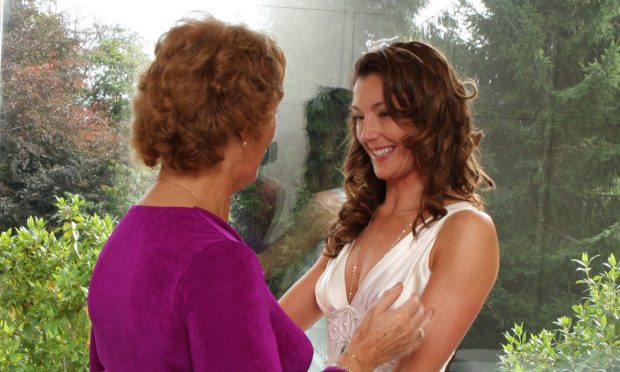
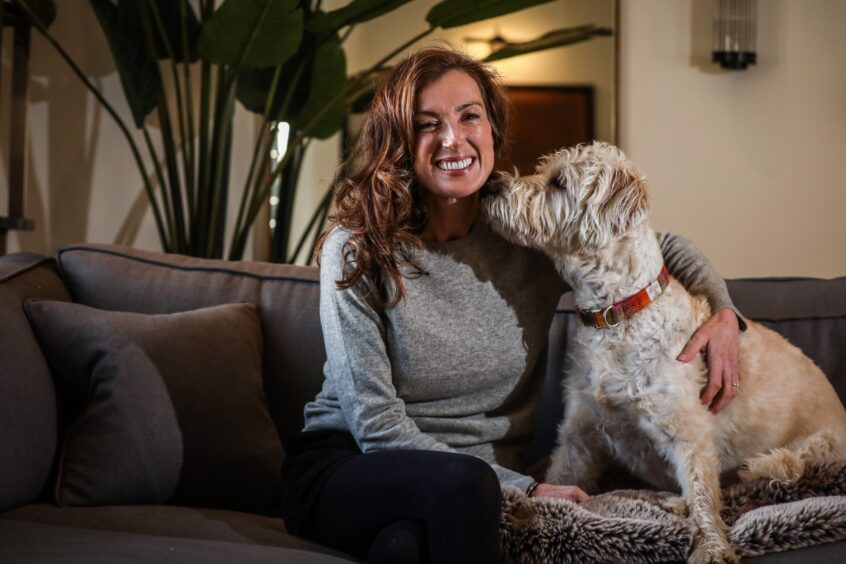
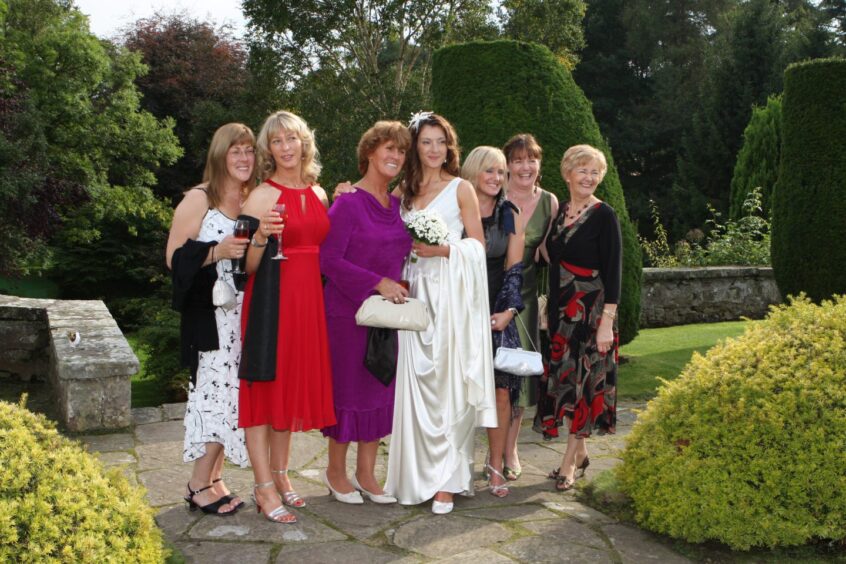
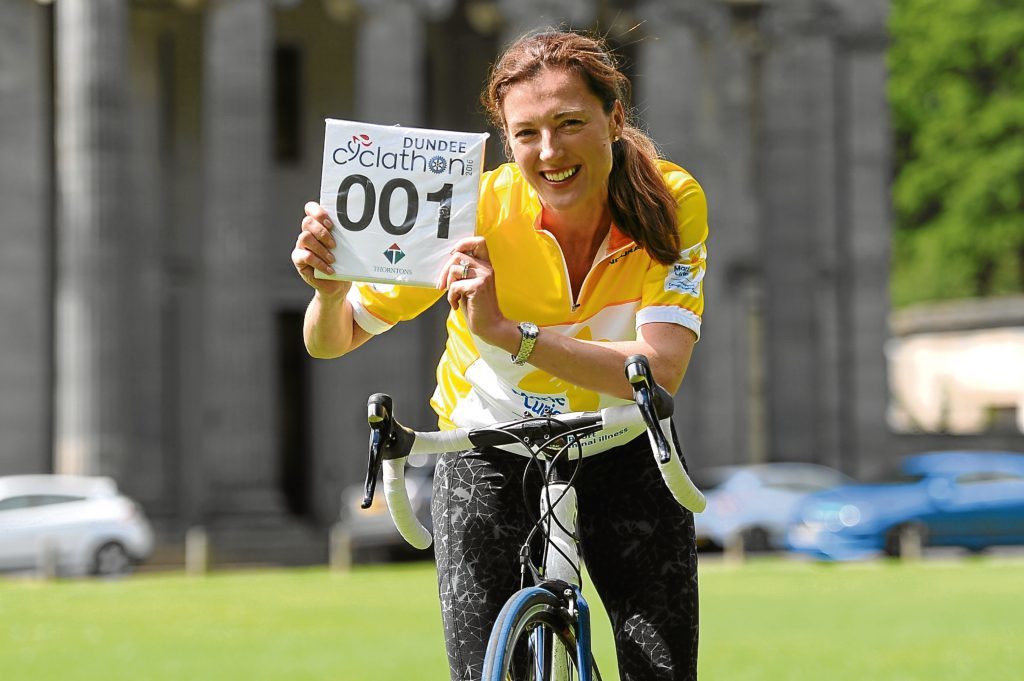
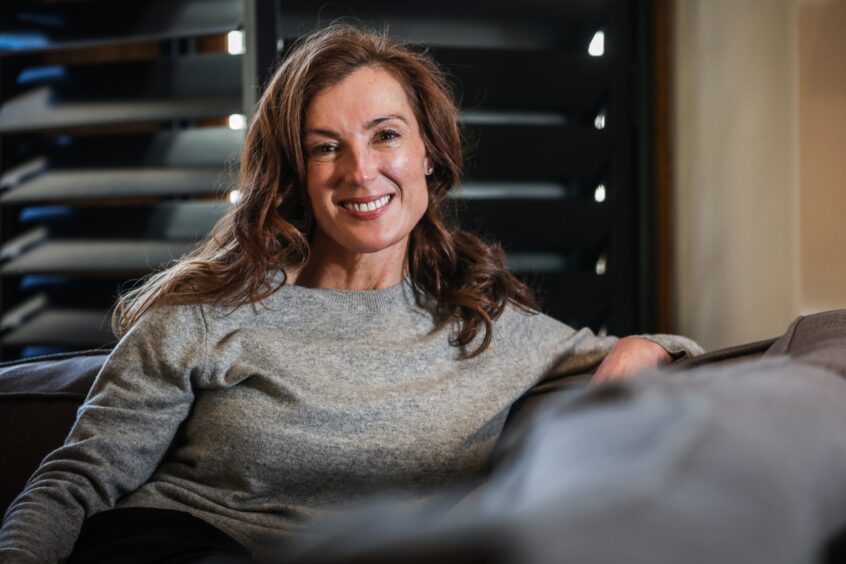
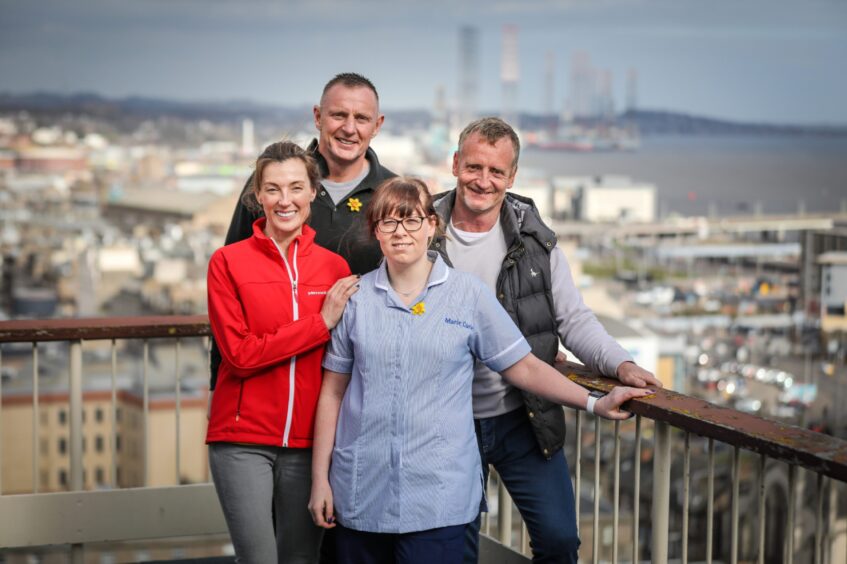
Conversation